Meet Our Team
Our team's roles vary across legal jurisdictions, but each member's contribution is crucial in providing high-quality legal services.

Allen Jacobi
Maintainins a high level of professionalism and compassion at all times.
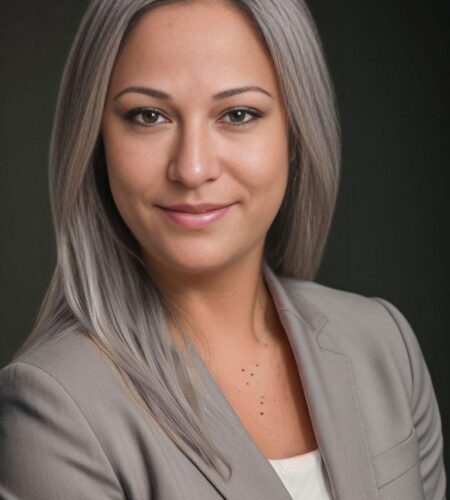
Kimberly Brilliant
Kimberly Brilliant brings with her a wealth of professional experience supporting high-level executives across various industries.
2024 Summer Interns
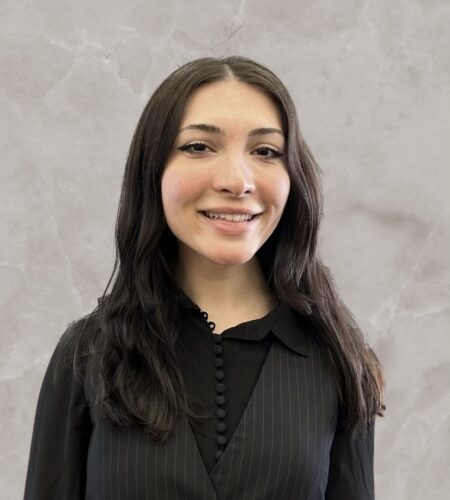
Paulina Damaso is a Juris Doctor candidate at the University of Illinois Chicago School of Law, bringing strong writing skills and a passion for the music industry within the legal profession.
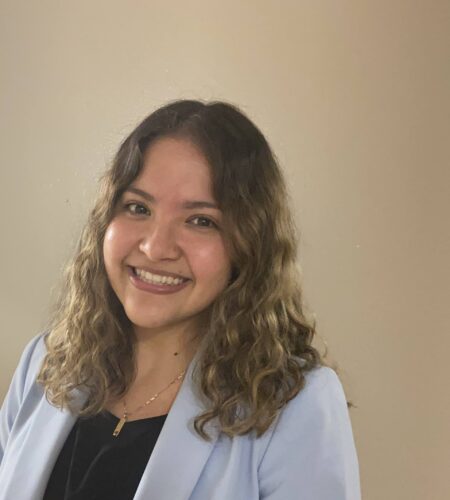
Lisbeth Garcia is a rising third-year law student at Suffolk University Law School, where she is pursuing her Juris Doctor with a concentration in intellectual property.

Emily Myers is a second-year law student at Albany Law School, graduating in May 2025.
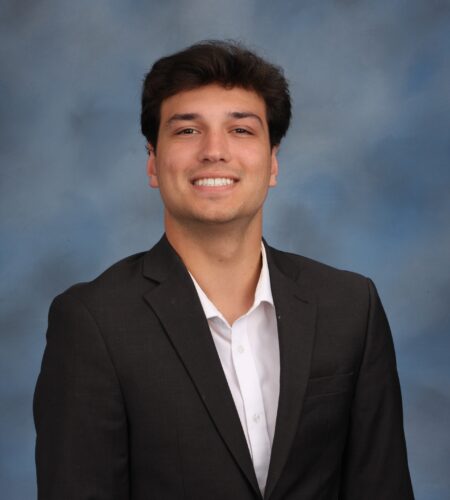
Moutaz Talas is a third-year Business Administration student specializing in Entrepreneurship at the University of Florida.
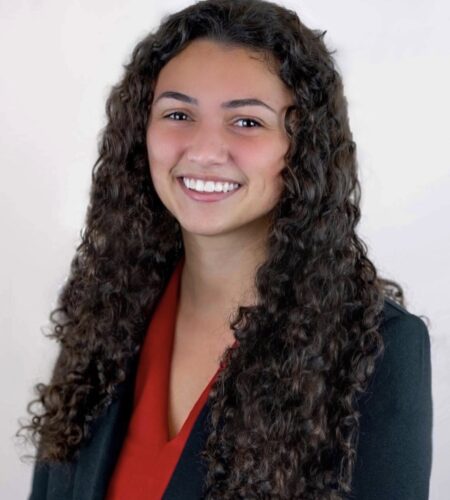
Kendall Zonghi is a third-year law student at the University of New Hampshire Franklin Pierce School of Law.
